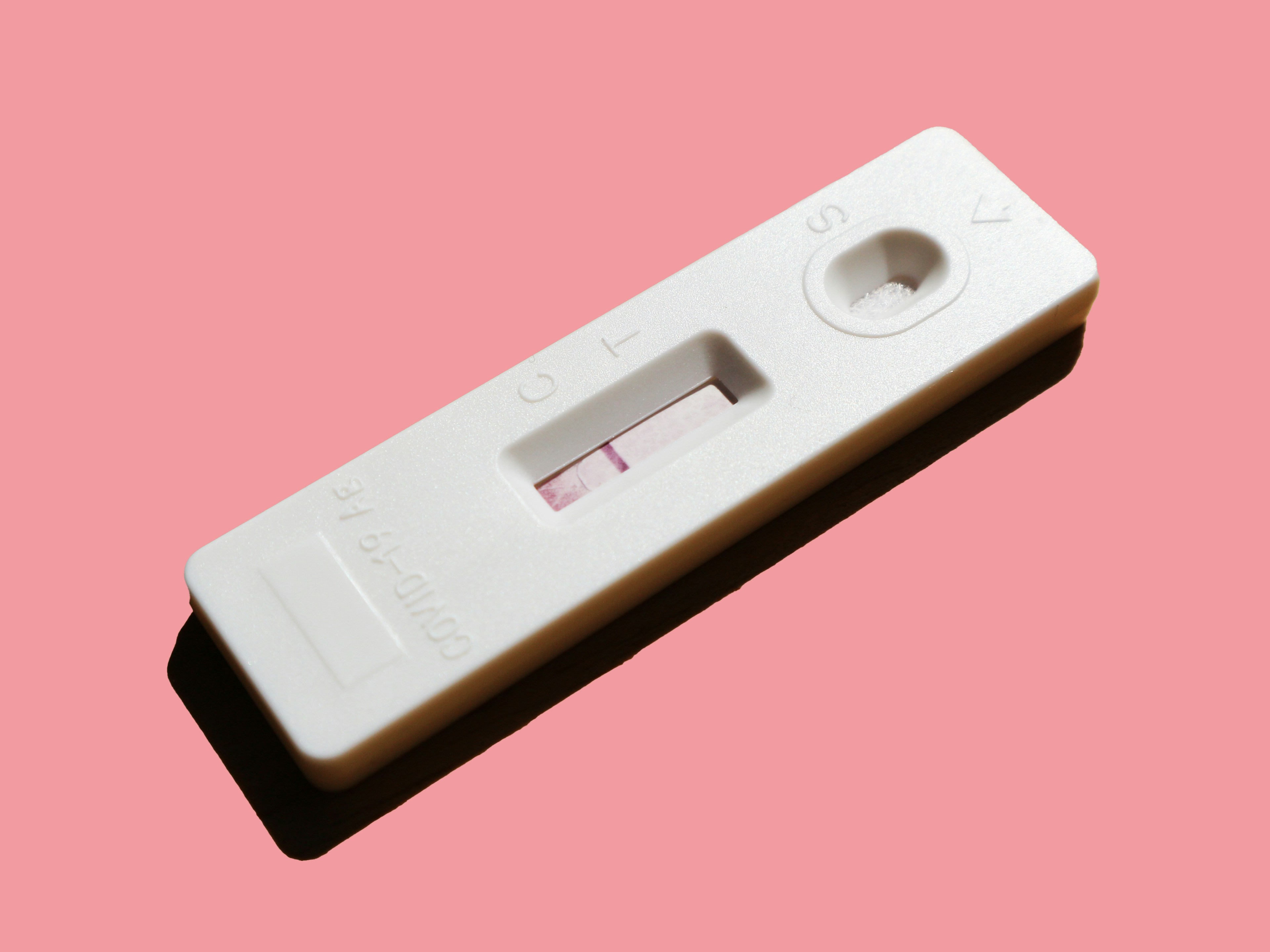When should a person who is trying to conceive take a pregnancy test? I’m seeing that a typical recommendation is “the day after your missed period,” but if I understand correctly, the FDA okayed the marketing of early-results tests as accurate up to six days before your missed period. I’ve seen folks online with positive pregnancy tests at eight and nine days post-ovulation. Is there data on this?
—Test Stress
The history of pregnancy testing is extremely interesting. In ancient Egypt, for example, there was some tradition of urinating on grain and judging pregnancy by how fast it grew. In the 1920s, the hormone hCG was discovered as a marker of pregnancy, providing an avenue into urine-based testing. Initially, this test involved injecting things into a live rabbit and killing it, which was, I assume, cumbersome.
Home pregnancy testing was introduced in the 1970s and improved through the 1980s. All home pregnancy tests work by detecting this hCG hormone. Where they differ is in how sensitive they are, meaning what level of hormone they require to show up positive. The more expensive tests, like the First Response Early Result Pregnancy Test, can detect very low levels of hCG. These levels, for some women, can show up five or even six days before a missed period.
The reality is that even for these very sensitive tests, they get more accurate closer to a period. First Response reports only about 75% of pregnancies are detected five days before a missed period, versus over 99% two days before. By the day of or day after your missed period, virtually any pregnancy test — including the inexpensive ones — will work fine.
Your question was when you should take a test, which I probably cannot answer! If you want to know as soon as possible and have a large supply of these very sensitive tests, you could start trying eight or nine days after ovulation, with the understanding that you may get some negative results early even if you’re pregnant.
A final note: All tests will work better when your urine is more concentrated (i.e. you’re less hydrated). This is why usually it’s recommended that you test as soon as you wake up.
Community Guidelines






















Log in